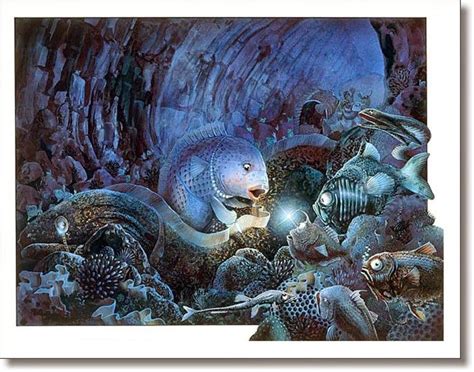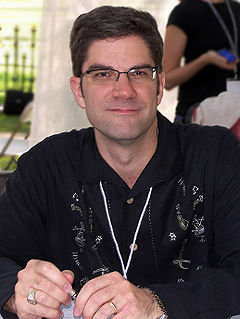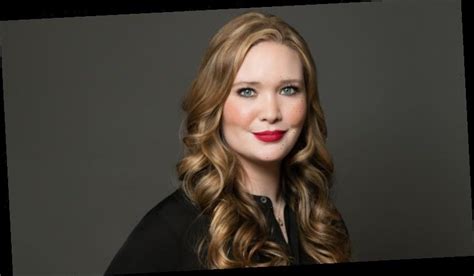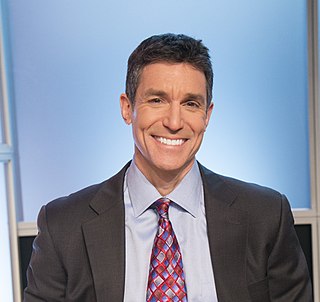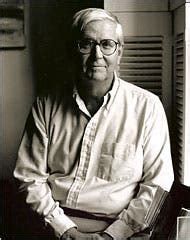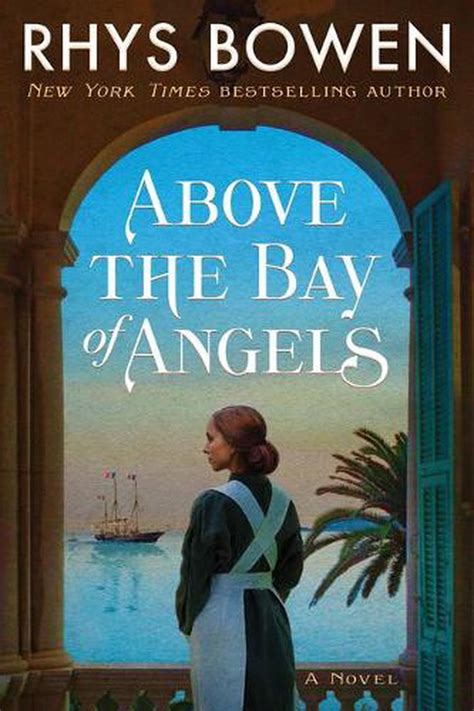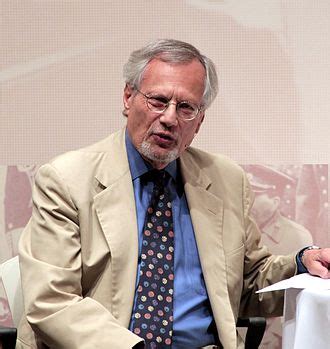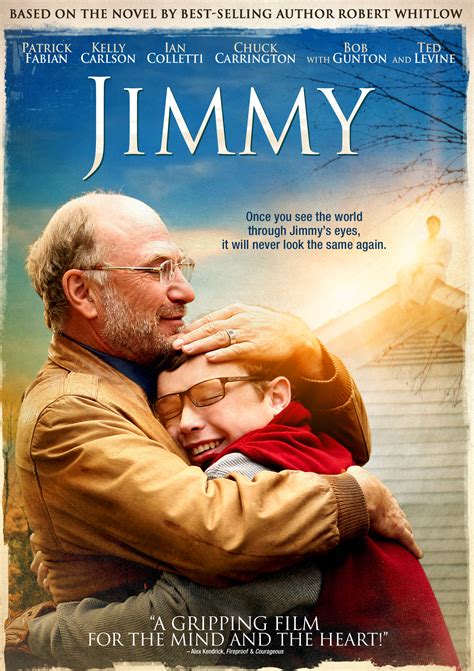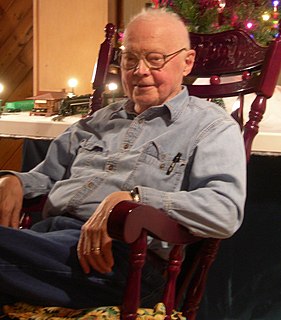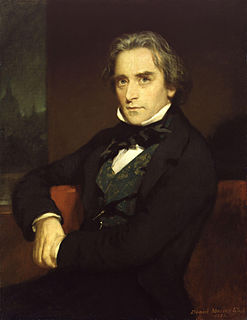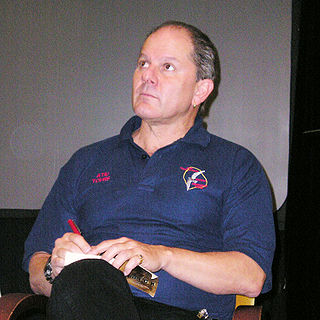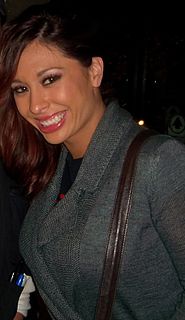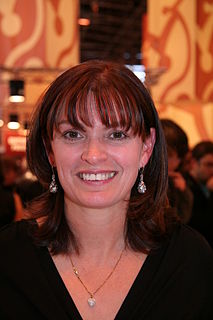Top 1200 Book Readers Quotes & Sayings - Page 5
Explore popular Book Readers quotes.
Last updated on November 15, 2024.
Portraits of the Mind is a remarkable book that combines beautifully reproduced illustrations of the nervous system as it has been visualized over the centuries, as well as lively and authoritative commentaries by some of today's leading neuroscientists. It will be enjoyed by professionals and general readers alike.
When I get about five readers I can rub together in one genre, I leave that genre and go somewhere else. And this is due to a vow that I made myself when I started writing - that if I had any success at all, I would not be bound to one form of writing. That I would write what moves me. The only way I can see me surviving and doing more than one book is to present the readers with a Dan Simmons novel, with whatever tropes and protocols from whatever genre I want to borrow them. If that builds a Dan Simmons readership, well then, okay. Otherwise, forget about it. I'd rather drive a truck.

